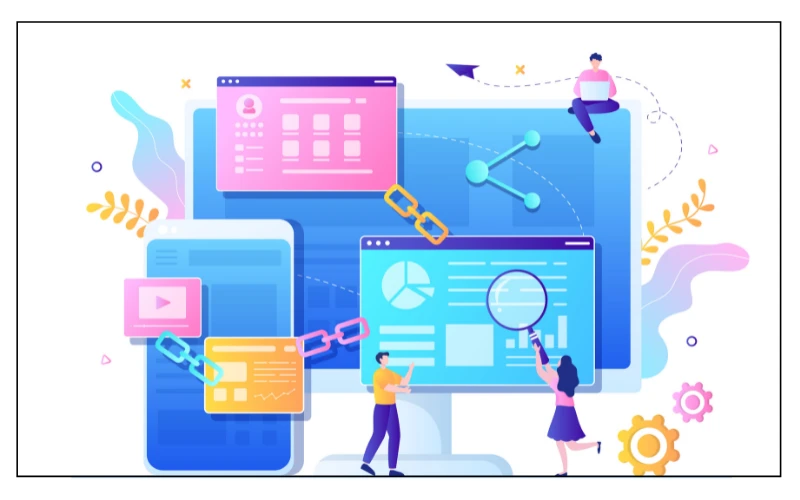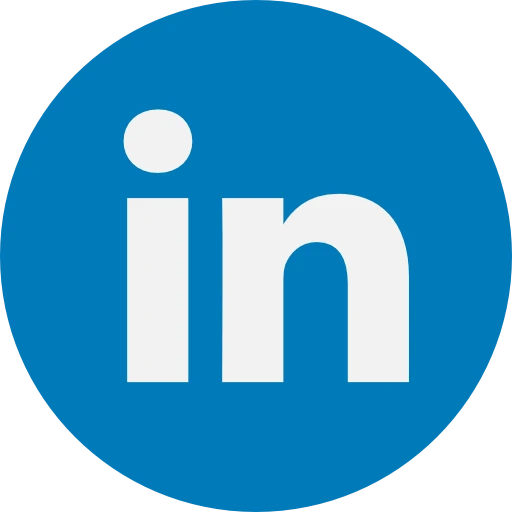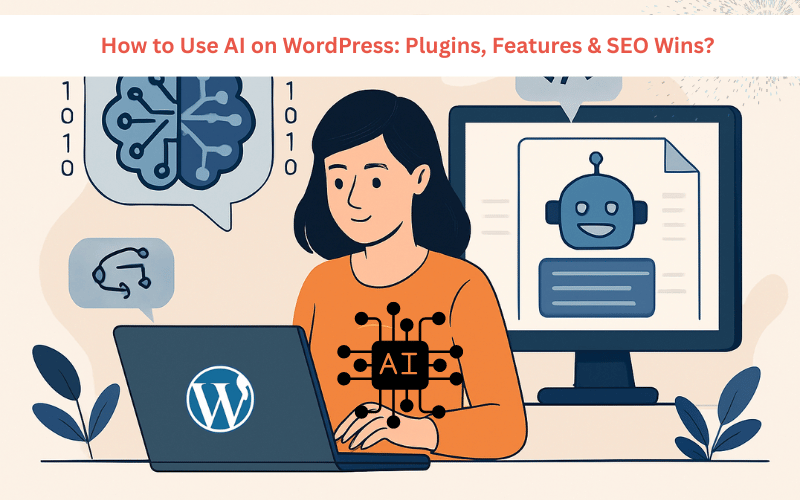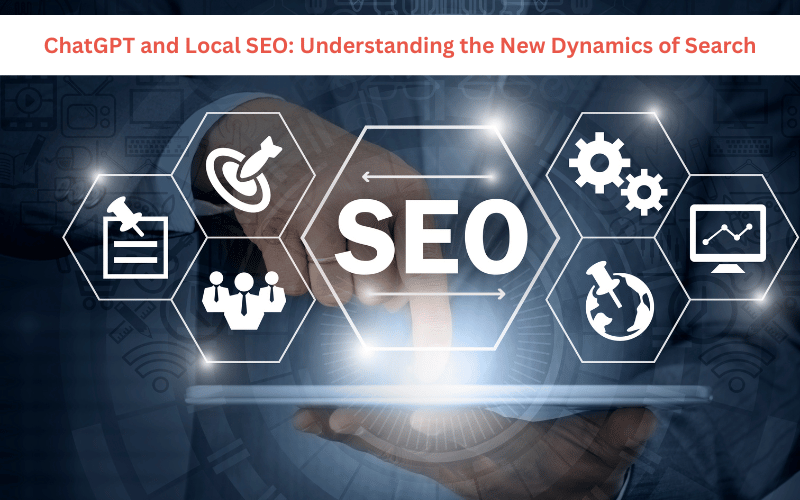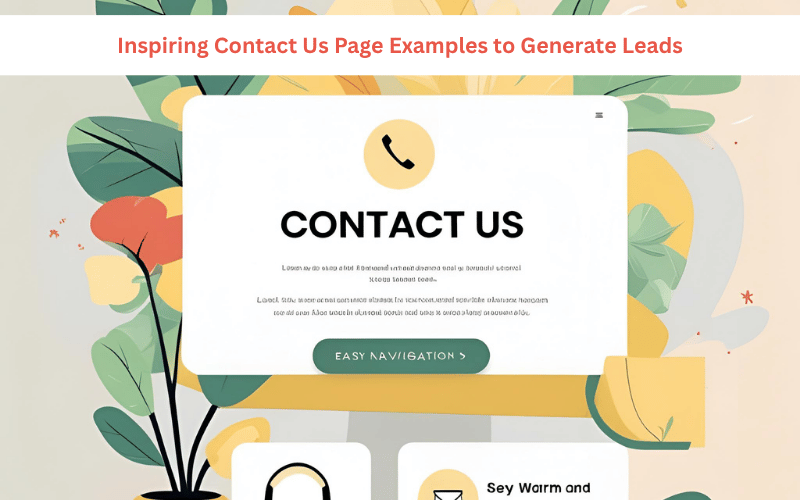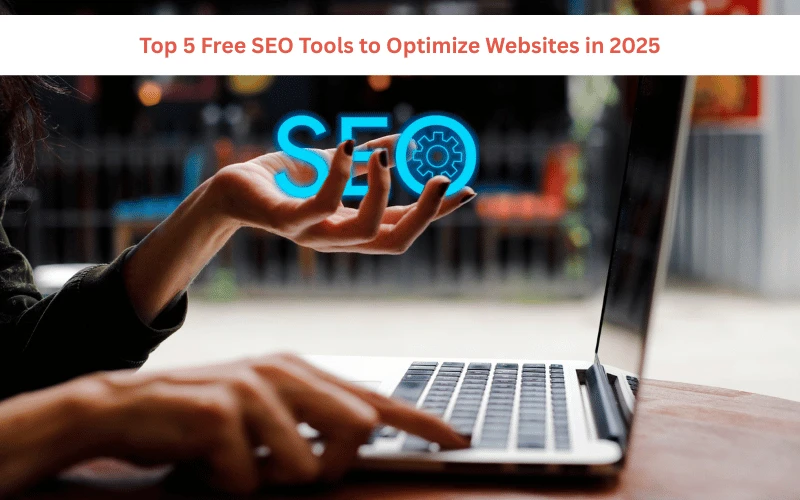Establishing a clear hierarchy is essential for a website to be easily recognizable in search engines like Google. All of the most important pages of your website will usually be on the homepage. Internal links are hyperlinks that link to other pages on your website. The linked pages generally contain more detailed information and expand on a product, topic, or service. External links, on the other hand, link out to pages on other websites. If you use internal links strategically, they can send page authority to important pages, and thus key for any site that wants to rank higher for specific keywords. For example, some business homepages contain external links to social media pages like Facebook and Twitter. When users browse through the homepage, however, they are accessing the pages through two (usually unrelated) pages. This lack of internal linking could hurt your search engine rankings. Therefore, to naturally generate authority and increase overall page authority, it is essential to build links between your website pages. A website with high page authority is usually more visible to searchers and users and can generate more organic rankings and traffic. There are numerous benefits of internal linking, but the primary goal is to link content between pages so that Google and users understand your website and its website hierarchy.
Establishing A Hierarchy
Internal linking can be created using anchor text, content locators, or closing tags. Anchor text helps internal linking through the use of keywords. Navigating shouldn’t be over-complicated—shorter links to the homepage and footer help direct Google and users to your most important pages. Creating simple navigation links to other important pages of your website can help build authority and elevate the hierarchy of Google.Developing Link Equity
As you learn more about SEO, internal linking can be just as important as external linking and backlinks (when another website links to your site). Developing link equity is important for website owners because it helps to link pages to each other and raises page value. Creating internal links helps make a website more discoverable by providing a framework for user experience. External linking is fine if you’re just getting started with Search Engine Optimization (SEO), but you will need to begin the internal linking of each of your pages as you gain authority and start to rank for more keywords. Internal linking will make your pages rank more effectively in Google because it improves site structure and creates link equity.Increasing Crawlability
One of the most important benefits of internal linking is that it helps with Google crawlability. Google likes pages that are easy to navigate (and users do too!), where users can easily find what they are looking for. If your internal links are interspersed linearly with other pages (or in places that are difficult to find), the search engine will give your pages a lower ranking. This will impact your overall rankings because Google will not crawl your site as thoroughly or index your pages for optimal hierarchy. It is also crucial to consider how these links are positioned on each of your pages. It’s also important to consider user behavior and where they will go on your website and web pages to click links and find more information.How To Develop An Internal Linking Strategy For Your Website?
There are several ways to develop an internal linking strategy for your website and content:- Conduct a review of your website to determine which pages link to each other. You can perform keyword research and a keyword usage analysis to find out which pages are connected.
- Conduct a semantic analysis within your website to determine which pages link to the most important pages.
- Use a meta domain analyzer to discover the most important pages within the site and then find ways that link to those pages.
- Use web analytics tools to determine what pages on the website are linking to each other. An internal linking tool can also be used to identify which of your webpages are linked.
